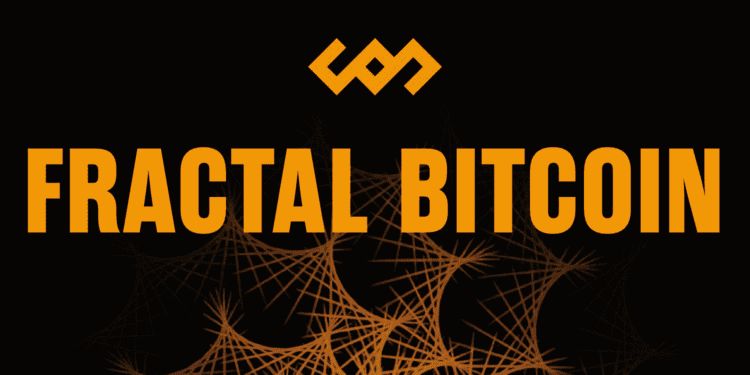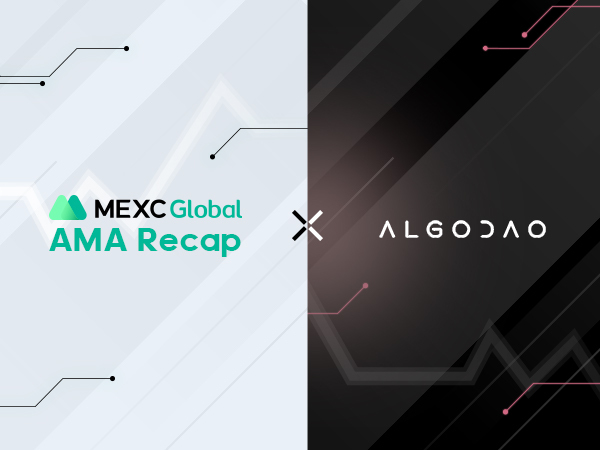Key Insights:
- Fractal Bitcoin’s sidechain launch aims to enhance Bitcoin’s scalability by offering faster transactions and increased throughput, using the Bitcoin Core codebase.
- The network claims to confirm blocks in less than 30 seconds, providing a 20x increase in Bitcoin’s transaction throughput.
- Fractal’s native token FB faced pre-mining controversy, sparking concerns about insider control over token supply and governance decisions.

Fractal Bitcoin has officially launched its sidechain, mining its first block on Sept. 9, marking a significant step in the effort to improve Bitcoin’s scalability.
Boosting Bitcoin Through Sidechains
Fractal Bitcoin’s sidechain is built on the Bitcoin Core codebase and aims to address Bitcoin’s scalability challenges. While Bitcoin’s Layer 1 transactions take about 10 minutes to confirm, Fractal’s sidechain offers faster block confirmation times, completing in less than 30 seconds. Additionally, Fractal claims it can increase transaction throughput by up to 20 times, setting it apart from other scaling solutions.
Fractal’s innovative “recursive layering” technique enables the creation of independent layers on top of Bitcoin, each capable of scaling Layer 1 by 20 times. Since its test net launch in July, Fractal has attracted 1.5 million unique addresses and facilitated 13.6 million transactions. Its current hash rate stands at 11.23 exahashes per second, which represents 1.9% of Bitcoin’s total hash rate, according to UniSat, the company behind Fractal Bitcoin.
Pre-Mine Controversy Surrounding FB Token
Alongside its mainnet launch, Fractal introduced its native token, FB. The token faced immediate scrutiny due to the pre-mining of half of its supply. Allocations include 15% for core contributors, 15% for the ecosystem treasury, 10% for community grants, and 5% each for advisors and pre-sale investors. The remaining 50% of tokens are set aside for Proof of Work miners.
Criticism arose when Mononautical, a Bitcoin developer, highlighted that the pre-mined tokens were immediately spendable, concentrating control over the token supply among insiders. They called Fractal a “hastily cloned copy” of Bitcoin’s code with minor modifications.
Fractal employs a hybrid merge-mining model called Cadence Mining, allowing Bitcoin miners to participate in securing Fractal every third block. The other two blocks are mined natively. The token’s emission will follow a two-year halving cycle, with 52.5 million tokens set to be released in the first two years. Fractal also plans to introduce tokenized governance mechanisms in the future.
Fractal has reintroduced support for OP_CAT, a previously disabled opcode that enables smart contracts on Bitcoin. Despite concerns from Bitcoin’s creator, Satoshi Nakamoto, the opcode was reintroduced in 2019 after no vulnerabilities were discovered. This move further positions Fractal as a unique player in Bitcoin’s scaling ecosystem.
Competing in the Bitcoin Layer 2 Ecosystem
Fractal joins an expanding sector of Bitcoin Layer 2 solutions. Core currently leads the market with $304 million in Total Value Locked (TVL), followed by Bitlayer and Stacks. Fractal aims to stand out by supporting Bitcoin token standards and introducing new projects, such as the PizzaSwap decentralized exchange.
Personal Note From MEXC Team
Check out our MEXC trading page and find out what we have to offer! There are also a ton of interesting articles to get you up to speed with the crypto world. Lastly, join our MEXC Creators project and share your opinion about everything crypto! Happy trading! Learn about interoperability now!
Join MEXC and Get up to $10,000 Bonus!
Sign Up


